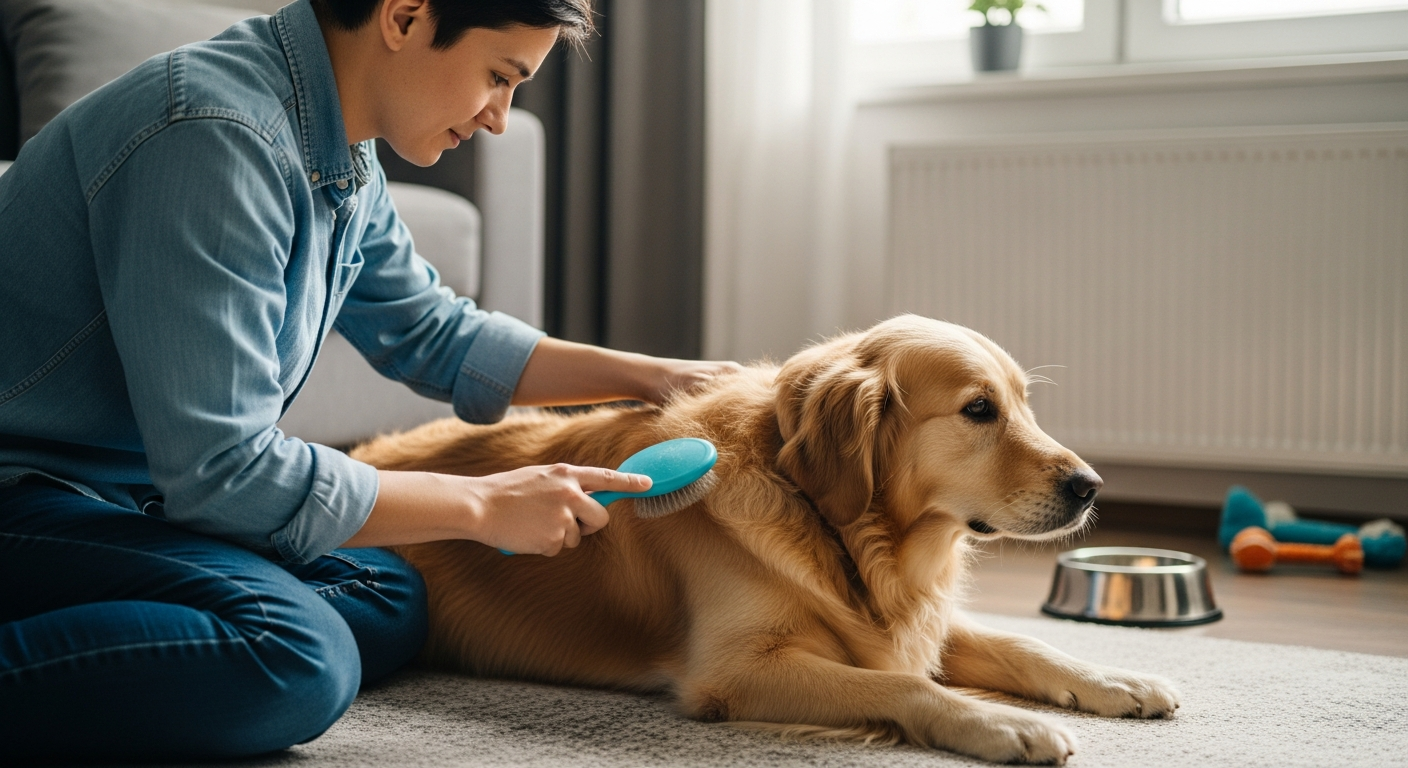The Hidden World of In-Car Air Purification Systems
Imagine stepping into your car on a smoggy day in a bustling city, only to find the air inside cleaner and fresher than the world outside. This isn't science fiction—it's the reality of advanced in-car air purification systems. As urban pollution levels rise and health consciousness grows, automakers are silently revolutionizing the way we breathe inside our vehicles. Let's dive into this often-overlooked aspect of automotive technology that's rapidly becoming a must-have feature for health-conscious drivers.

Evolution of In-Car Air Filtration
The journey of in-car air purification began with simple cabin air filters, designed primarily to keep out dust and pollen. These filters, typically made of paper or synthetic fibers, were a basic line of defense against larger particles. However, as our understanding of air quality improved, so did the technology. Modern systems now incorporate multi-stage filtration processes that can trap particles as small as 2.5 micrometers—known as PM2.5—which are particularly harmful to human health.
Cutting-Edge Purification Technologies
Today’s most advanced in-car air purification systems go far beyond simple filtration. Some luxury vehicles now feature ionization technology, which releases negatively charged particles into the air to neutralize pollutants. Others use UV-C light to kill bacteria and viruses, creating a more sterile environment. Perhaps most impressive are the systems that incorporate HEPA (High-Efficiency Particulate Air) filters, capable of removing 99.97% of particles as small as 0.3 micrometers.
Smart Sensors and Adaptive Systems
The latest innovation in this field is the integration of smart sensors that continuously monitor air quality both inside and outside the vehicle. These sensors can detect various pollutants, including carbon monoxide, nitrogen dioxide, and even formaldehyde. When high levels of contaminants are detected, the system automatically adjusts its operation, increasing filtration and circulation to maintain optimal air quality. Some systems even sync with navigation data to predict air quality changes based on the vehicle’s location and route.
The Human Impact: Health and Comfort
The benefits of these advanced air purification systems extend beyond just cleaner air. Drivers and passengers report reduced fatigue, improved alertness, and fewer allergy symptoms during long drives. For those with respiratory conditions like asthma, these systems can make car travel significantly more comfortable and safer. Moreover, the psychological comfort of knowing you’re breathing clean air can reduce stress levels, particularly in high-pollution environments.
Challenges and Future Developments
While the technology is promising, it’s not without challenges. The most advanced systems are currently limited to luxury vehicles due to their cost. There’s also the question of maintenance—high-efficiency filters require regular replacement to remain effective. Looking ahead, researchers are exploring ways to make these systems more affordable and sustainable. Some are even investigating the use of living filters, using plants or algae to naturally purify the air inside vehicles.
The Road Ahead for In-Car Air Quality
As awareness of air quality issues grows, in-car air purification is likely to become a standard feature across all vehicle segments. We may soon see this technology integrated with other vehicle systems, such as climate control and even autonomous driving features, to create a holistic approach to passenger comfort and health. The future of automotive design isn’t just about how we move—it’s about creating a safe, clean environment for the journey.
In an age where the quality of the air we breathe is increasingly under threat, the car cabin is becoming an unexpected sanctuary. As this technology continues to evolve, it promises not just a cleaner ride, but a healthier, more comfortable driving experience for all. The next time you step into your car, take a deep breath—thanks to these invisible guardians, that air might be the cleanest you’ll breathe all day.






